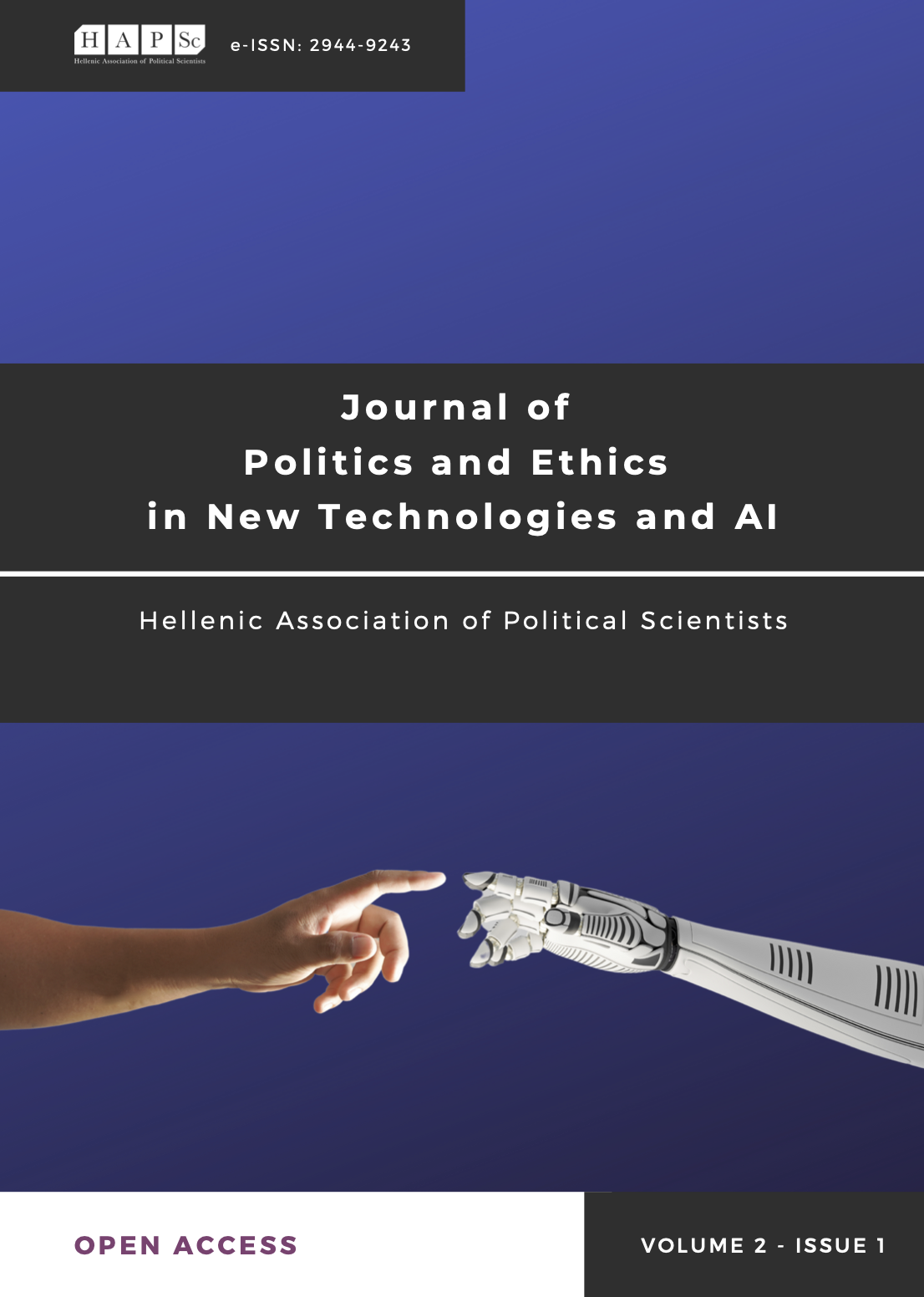“Vaccine? No, thank you!” Social Media, Right-Wing Political Orientation and COVID-19 Vaccination Hesitancy: The Case of Pieria, Greece

Abstract
This case study examines the situation of the regional unit Pieria (Greece) as a compelling instance of a regional unit with low vaccination coverage and a right-wing political orientation, depth, and historicity. Apart from the utilization of relevant literature, qualitative research was also conducted for the needs of this case study. A sample of 16 Greek citizens from Pieria, all of whom are voters of one of the three minor Greek right-wing parliamentary parties and have been vaccine hesitant and vocal on social media, is examined as an attempt to enhance our understanding on the role of social media and right-wing attitude regarding vaccine hesitancy within the context of this specific case.
Article Details
- Section
- Research Articles

This work is licensed under a Creative Commons Attribution 4.0 International License.
Authors retain copyright and grant the journal right of first publication with the work simultaneously licensed under Creative Commons 4.0 (CC-BY 4.0) license, that allows others to share the work with an acknowledgement of the work's authorship and initial publication in this journal.





